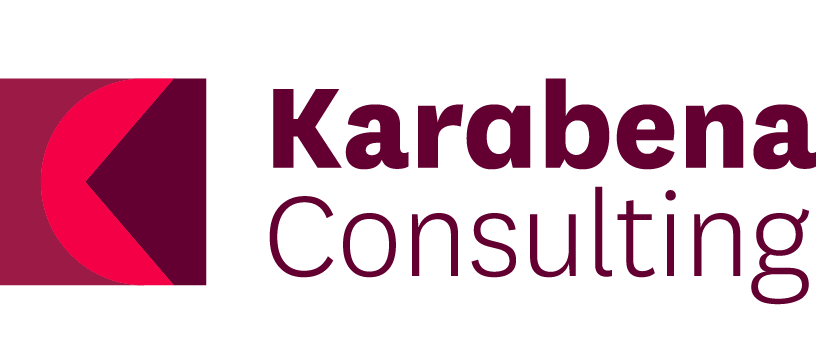National Reconciliation Week
Discover the significance and purpose of National Reconciliation Week in Australia.
History of National Reconciliation Week
National Reconciliation Week is an annual event in Australia that takes place from May 27th to June 3rd. It was first celebrated in 1996, following the release of the report of the National Inquiry into the Separation of Aboriginal and Torres Strait Islander Children from Their Families, also known as the Bringing Them Home report. The week is dedicated to promoting and celebrating reconciliation between First Peoples and non-First Peoples Australians.
During National Reconciliation Week, various events and activities are held across the country to commemorate the history, culture, and achievements of Aboriginal and Torres Strait Islander peoples. These events aim to foster understanding, respect, and reconciliation between First Peoples and non-First Peoples Australians.
The week also includes several key dates, including National Sorry Day and the anniversaries of the 1967 Referendum and the High Court Mabo decision. The 1967 referendum resulted in changes to the Australian Constitution, removing discriminatory references and enabling the federal government to make laws for Aboriginal and Torres Strait Islander peoples. The Mabo decision recognised native title rights for Aboriginal and Torres Strait Islander peoples for the first time.
Since its establishment, National Reconciliation Week has grown in significance and participation.
Themes and Events
Each year, National Reconciliation Week has a specific theme that reflects the current focus of reconciliation efforts. These themes are designed to stimulate conversations, promote understanding, and encourage action towards reconciliation.
This year’s theme is ‘Now More Than Ever’. Reconciliation Australia writes that this theme “is a reminder to all of us that no matter what, the fight for justice and the rights of Aboriginal and Torres Strait Islander people will —and must —continue.”
In addition to the theme, various events and activities are organised during National Reconciliation Week. These include art exhibitions, cultural performances, community gatherings, panel discussions, workshops, and educational programs. These events provide opportunities for people to engage with Aboriginal and Torres Strait Islander culture, learn about the history of reconciliation, and participate in meaningful conversations about the future of Australia.
Importance of Reconciliation in Australia
Reconciliation is a crucial process for Australia as a nation. It acknowledges the historical injustices and ongoing impacts of colonisation on Aboriginal and Torres Strait Islander peoples. Reconciliation aims to build respectful relationships between First Peoples and non-First Peoples Australians based on understanding, equality, and recognition of First Peoples rights.
By fostering reconciliation, Australia can address the disparities that exist between First Peoples and non-First Peoples Australians in areas such as health, education, employment, and social justice. It also promotes the preservation and celebration of Aboriginal and Torres Strait Islander cultures, languages, and traditions.
Reconciliation is not a one-time event but an ongoing commitment. National Reconciliation Week serves as a reminder of the importance of this commitment and encourages individuals, organisations, and communities to take meaningful action towards reconciliation throughout the year.
Ways to Get Involved
There are many ways to get involved in National Reconciliation Week and support the reconciliation process in Australia. Here are a few suggestions:
Educate yourself: Take the time to learn about the history, culture, and experiences of Aboriginal and Torres Strait Islander peoples. Read books, watch documentaries, and listen to First Peoples voices.
Attend events: Participate in National Reconciliation Week events and activities in your local community. These can include art exhibitions, workshops, cultural performances, and panel discussions.
Have conversations: Engage in conversations with family, friends, colleagues, and community members about reconciliation. Share your knowledge, listen to different perspectives, and promote understanding and empathy.
Support Aboriginal and Torres Strait Islander businesses and initiatives: Purchase products and services from Aboriginal and Torres Strait Islander owned businesses. By doing so, you can contribute to economic empowerment and self-determination within First Peoples communities.
Advocate for change: Take action to address systemic issues and promote Aboriginal and Torres Strait Islander rights. This can involve writing to elected representatives, supporting First Peoples-led campaigns, or volunteering with organisations that work towards reconciliation.
Remember, reconciliation is a journey that requires ongoing commitment and effort from all Australians. By actively engaging in the process, you can contribute to a more just and inclusive society.
Future of Reconciliation Efforts
The future of reconciliation efforts in Australia holds great potential for positive change and progress. It requires continued commitment and collaboration from individuals, organisations, and governments at all levels.
Moving forward, it is essential to prioritise First Peoples voices, perspectives, and leadership in the reconciliation process. This includes ensuring that Aboriginal and Torres Strait Islander peoples have a seat at the table in decision-making processes and policy development.
Efforts towards reconciliation should also focus on addressing the structural and systemic inequalities that contribute to the ongoing disadvantage experienced by First Peoples Australians. This involves working towards achieving justice, equality, and self-determination for all Aboriginal and Torres Strait Islander peoples.
By working together, Australia can build a future where reconciliation is not only celebrated during National Reconciliation Week but is embedded in all aspects of society. This includes education, health, employment, and social justice, as well as respect for Aboriginal and Torres Strait Islander cultures, languages, and land.
